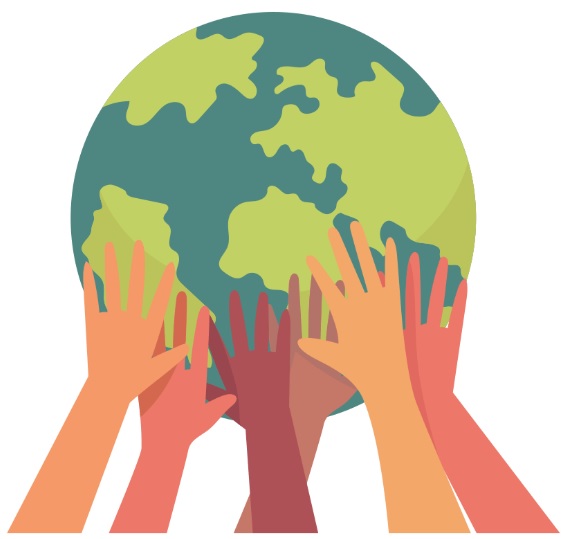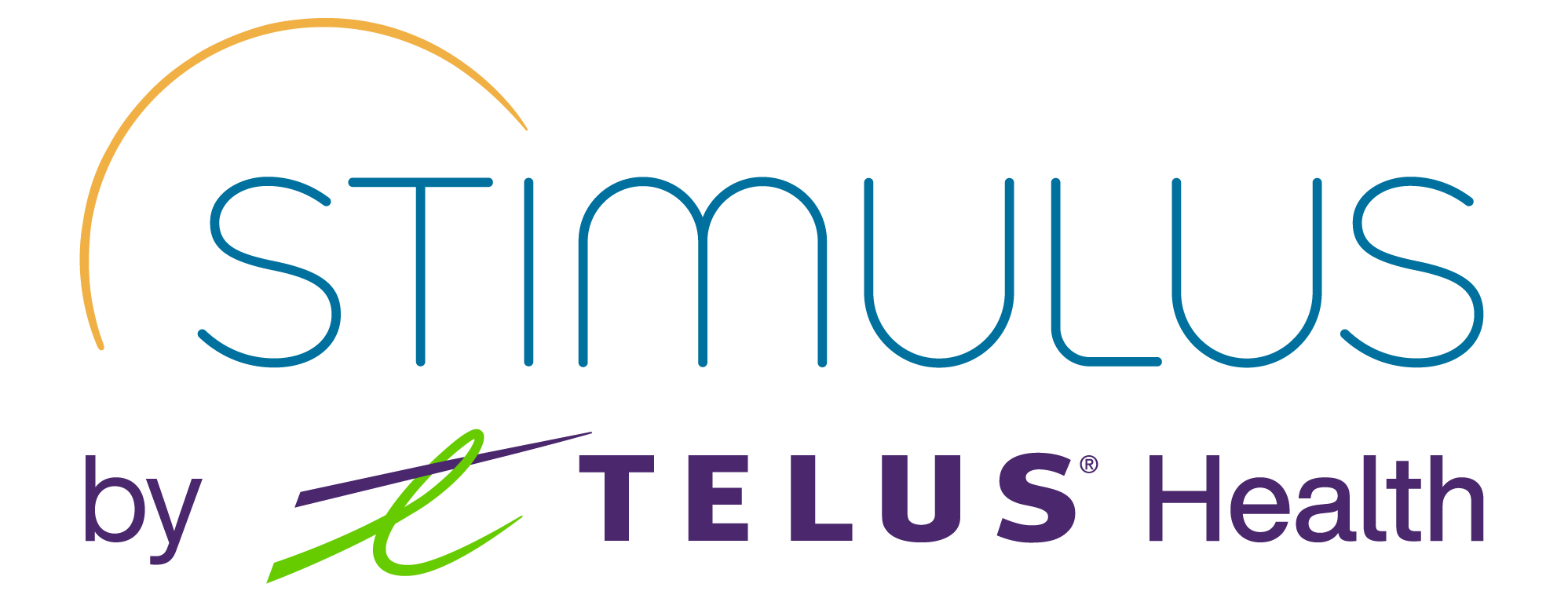Ecological awareness: when concern for the environment becomes a source of stress
Raising environmental awareness in companies, asking questions, changing our consumption habits and trying to reduce our carbon footprint: these are all environmental and climate issues that are becoming increasingly important in our lives.
Why have these issues become so important?
The answer is simple: global warming is part of our daily lives and we are already exposed to its effects.
Drought, heatwaves, forest fires, floods... The debate can no longer be about its existence or the plausibility of scientists' predictions for the years ahead. No, global warming is here to stay, and it is entirely caused by human activity and its philosophy of over-consumption.

As a result, many people have realised the role they can play in changing their habits to limit the damage. However, this awareness of the urgency of the situation and the degree of involvement in this change is not the same for everyone. This difference can be seen as soon as the subject of "ecology" comes up: choosing the menu for family meals, the destination for a holiday with friends, or even the means of transport for business trips... Any decision requires questioning, and a more or less virulent debate can quickly ensue. Everyone sticks to their guns, there's a lack of understanding of the other person's point of view and tempers flare.
Why is the ecological emergency being interpreted and experienced in different ways?
In the course of our lives, we are led to become ecologically aware, in other words, to grasp and understand the issues as a whole. However, this is done according to our own timeframe, which is different for everyone. We are all unique individuals, with our own histories, sensitivities, values and personalities. An upbringing focused on eco-responsible actions, a profession directly linked to nature or a particular sensitivity to the environment could, for example, lead to an earlier awareness than for others.
However, another factor also needs to be taken into account. This is the awareness itself. This is not trivial, and can even be traumatic, as Charline Schmerber, a psychotherapist specialising in eco-anxiety, explains. We're talking here about facing up to a reality, present and future, which is alarming: the human condition is in danger. Confronting this causes anxiety. It will be experienced more or less intensely depending on the individual. To protect ourselves and calm our nerves, we have various strategies at our disposal, one of which is avoidance. If we don't raise the subject or pretend it doesn't exist, we won't be distressed. So it's important to understand that if some people are in denial, it's primarily for their own protection. The veil will lift when the person is ready to realise the danger and urgency of the situation.
How can we find peace when we know we're in danger?
One of the first things to do is to accept all the emotions that this situation brings up. Unpleasant and painful though they may be, these emotions are legitimate if they are felt. Isn't it normal to feel sad when you see your home deteriorating before your very eyes? Or anxious when you look ahead to the years to come? Or angry at the inaction of certain governments and public authorities?

Emotions are above all messages. They tell us how we perceive reality and what our needs are. By refocusing on ourselves and what we are feeling, we can take action to restore a certain degree of calm.
For example, we can:
- Identify the elements that cause us to feel anxious, limit our exposure to them (the news on the radio or TV, for example) and use strategies to reduce anxiety (cardiac coherence, sporting activities, breathing, relaxation, etc.).
- Accept that you feel sad and seek comfort, either from others or through an activity that makes you feel good, taking care of yourself.
This strategy does not solve the problem of global warming in itself, but it does ensure that emotions do not escalate to the point of becoming disabling (panic attacks, depression, exhaustion, etc.).
What's more, the challenge can seem overwhelming, especially with the partial mobilisation of individuals and institutions. So we find ourselves in a situation of powerlessness. To get out of this situation, we need to refocus on the here and now, by focusing on the actions we can already take today. This can be done individually through everyday actions, collectively through charities or even within companies. These actions are choices we make to be consistent with our convictions. They may not instantly change the course of things, but they allow us to play a part and feel involved in the urgent need for change.

Clinical psychologist

